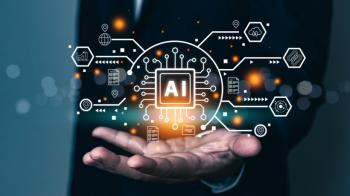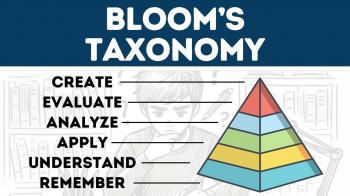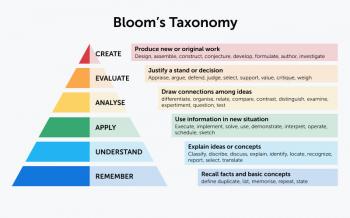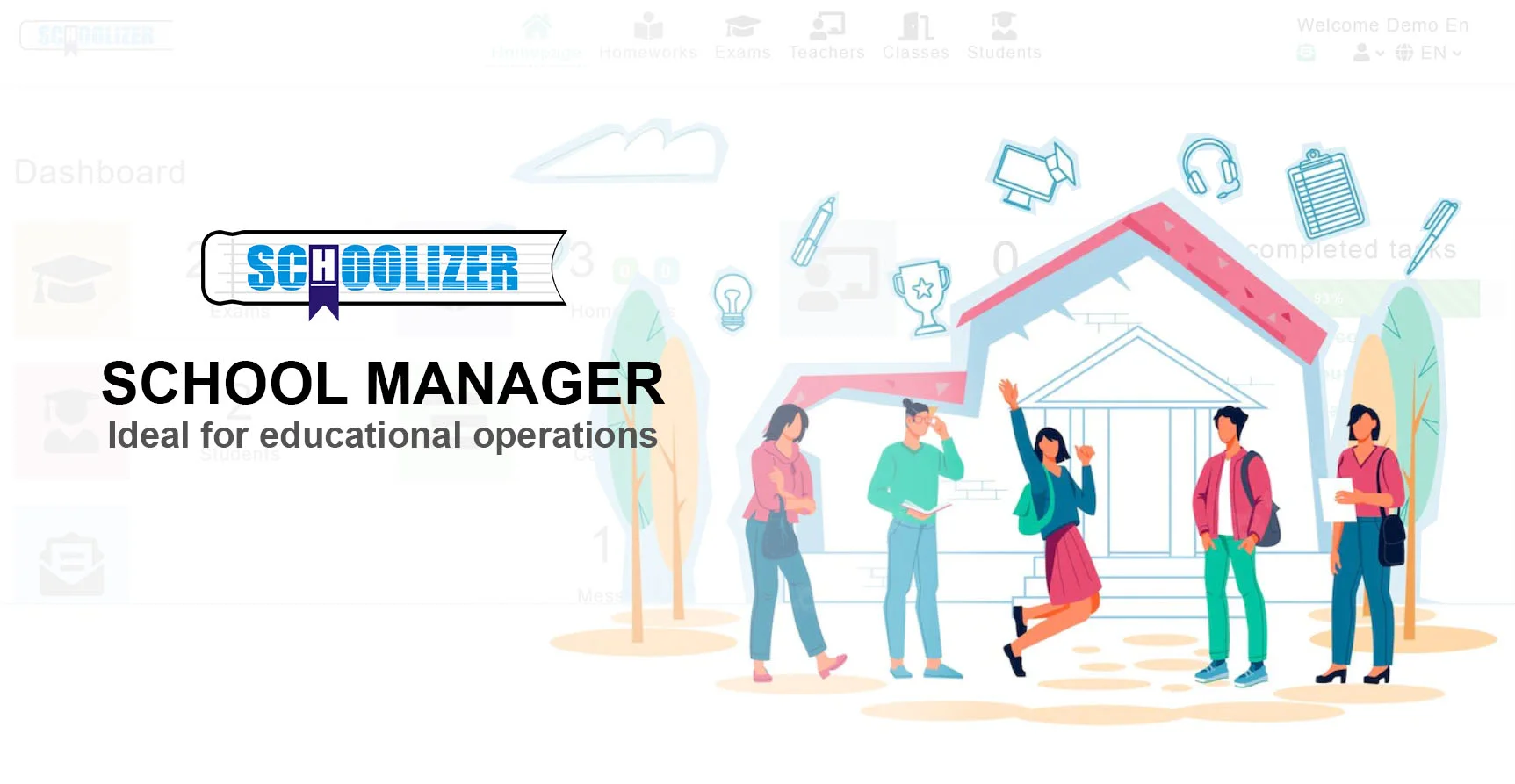Why AI Skills Are No Longer Just for Tech Majors: The New Workplace Essential

Why AI Skills Are No Longer Just for Tech Majors: The New Workplace Essential
What if artificial intelligence (AI) wasn't just for computer science graduates anymore? Why are employers increasingly seeking AI proficiency across diverse fields—from marketing to healthcare? How can professionals without a technical background develop these skills to stay relevant? The workplace is undergoing a seismic shift, and AI literacy is becoming as fundamental as basic computer skills were two decades ago.
The Expanding Demand for AI Across Industries
Gone are the days when AI was confined to Silicon Valley tech firms. Today, industries ranging from finance to agriculture are integrating AI tools to enhance productivity, decision-making, and customer experiences. According to a 2023 LinkedIn report, job postings requiring AI skills have grown by 2.5 times compared to pre-pandemic levels—and only 35% of these roles are in traditional tech sectors.
For example, marketers now use AI-powered analytics to predict consumer behavior, while HR professionals leverage chatbots for recruitment. Even fields like education and law are adopting AI for personalized learning and legal research. This democratization means that AI skills are no longer optional; they're a competitive advantage.

Why Non-Tech Professionals Need AI Literacy
The misconception that AI is solely for programmers is fading fast. Employers recognize that teams with cross-functional AI knowledge drive innovation more effectively. A sales manager who understands AI-driven CRM tools can optimize customer interactions, while a healthcare administrator using predictive analytics can improve patient outcomes.
Take the case of a mid-career graphic designer who learned to use AI tools like MidJourney and Adobe Firefly. By automating repetitive tasks, they freed up time for creative ideation—resulting in a 40% productivity boost and a promotion. Such examples underscore that AI isn't replacing jobs; it's reshaping them.
How to Acquire AI Skills Without a Tech Degree
You don't need a computer science degree to become AI-savvy. Here are practical ways to build these skills:
- Online Courses: Platforms like Coursera and Udacity offer beginner-friendly AI courses tailored for non-technical learners.
- Certifications: Google's AI Fundamentals or IBM's AI Foundations provide industry-recognized credentials.
- Hands-On Tools: Experiment with no-code AI platforms like Teachable Machine or Lobe to understand basic concepts.
A real-world example: An English major landed a content strategist role after completing a 3-month AI writing tools course, enabling her to spearhead her company's AI-driven content automation project.

Employers' Changing Expectations
Forward-thinking companies are redesigning job descriptions to include AI competencies. A 2024 Deloitte survey revealed that 67% of employers now prioritize AI skills over traditional qualifications for certain roles. This shift is particularly evident in:
- Data-Driven Roles: Analysts who can interpret AI-generated insights.
- Customer-Facing Positions: Staff trained in AI-enhanced service platforms.
- Leadership: Managers who can guide AI implementation strategies.
For instance, a retail chain recently promoted a store manager who proposed an AI-based inventory system, reducing waste by 22%.

Bridging the AI Skills Gap: Institutional Responses
Universities and training providers are scrambling to adapt. Many now embed AI modules across disciplines—a business school might teach AI ethics, while an art program covers generative AI tools. The key is contextual learning: showing students how AI applies to their specific field.
Notable example: The University of Pennsylvania's Wharton School offers an "AI for Business" specialization that has enrolled over 15,000 non-tech professionals since 2022.
The Future: AI as a Universal Workplace Language
As AI becomes more user-friendly through natural language interfaces (like ChatGPT), its adoption will accelerate across all job levels. Professionals who embrace this shift will enjoy:
- Career Resilience: Protection against automation-related job displacement.
- Earning Potential: AI-skilled workers command 20-40% salary premiums (McKinsey, 2023).
- Innovation Capacity: Ability to identify AI opportunities others miss.
The message is clear: Whether you're a teacher, accountant, or artist, AI competency is your ticket to future-proofing your career.







